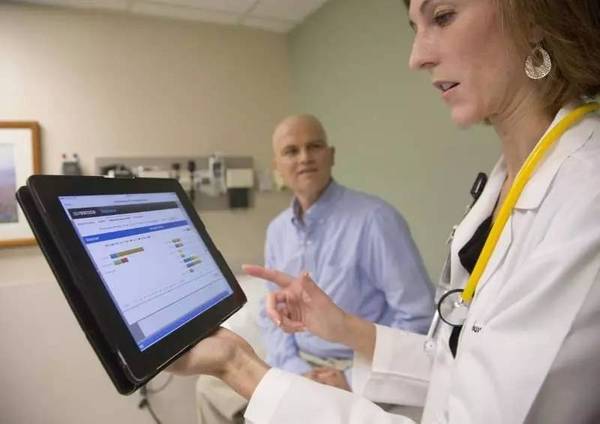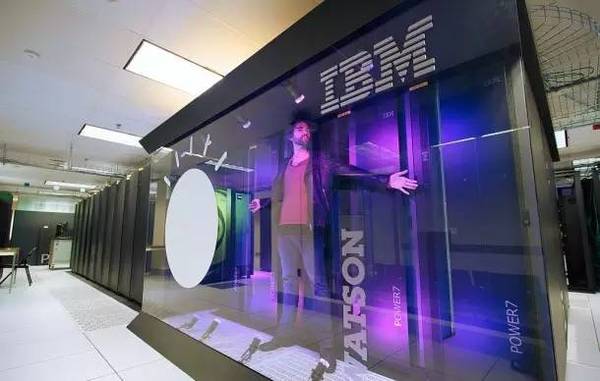Kevin Kelly, founding editor of Wired magazine, believes that the biggest change in technology and business society in the next decade will be the commercialization of artificial intelligence, which will be widely used in all aspects of economic life.
Founder Securities recently released the "Internet Medical Depth Report" (hereinafter referred to as "Founder Securities Report") shows that although the security and smart investment areas are the hottest, but the first to land may be in the medical field.
Not long ago, Stanford published an article in Nature: Using deep learning algorithms to diagnose skin cancer, comparing its diagnosis to the diagnosis of 24 senior dermatologists with an accuracy of 91%; University of North Carolina Researchers have recently developed a deep learning algorithm that predicts autism in infants. This method of prediction has an accuracy of 81%, far exceeding the traditional behavioral questionnaire method with an accuracy of only 50%.

The speed of artificial intelligence in the medical field has far exceeded that of human imagination. This new technology brings people some excitement and fear while bringing excitement and joy. More and more people want to know, artificial intelligence will completely replace doctors in the future? Can artificial intelligence be commercialized soon in the medical field? Recently, many people in the industry discussed this topic on the “2017 Artificial Intelligence How to Change the Medical Forum†held by the Unicorn Studio.
Will artificial intelligence replace doctors?
IBM is the leader of "AI+Medical." In the medical field, IBM Watson can read 3,469 medical monographs, 248,000 papers, 69 treatment plans, 61,540 trial data, and 106,000 clinical reports in 17 seconds. Through massive medical knowledge, including more than 300 medical journals, more than 200 textbooks and nearly 10 million pages of text, IBM Watson has quickly become an oncologist in a short period of time.

In 2013, Watson partnered with the Sloan Kettering Cancer Center (MSKCC) to launch the tumor solution Watson for Oncology. At the end of 2014 and the end of 2015, Watsonfor Oncology entered the Bumrungrad International Hospital in Bangkok, Thailand and Manipal Hospitals, the third largest hospital system in India. In August 2016, IBM signed an agreement on cooperation with IBM Watson for Oncology with 21 hospitals in China, and established a joint consultation center in December of the same year.
With the gradual maturity of artificial intelligence technology, IBM Watson has focused on tumors and gradually extended its service radius to nine medical fields such as chronic disease management, precision medicine , in vitro testing, and precision medicine, and gradually realized artificial intelligence as a new type of tool. value.
Ma Xuguang, founder of Sipai Network, believes that artificial intelligence is still an auxiliary tool for doctors. "Maybe doctors will not exist in the future, but at least all AIs today should help doctors improve efficiency and solve problems that doctors are not willing to do. Dirty and tired work, such an AI has a future, there is a chance."
PCR Reagent For Gastrointestinal Infection
PCR,PCR Reagent,Molecular diagnosis,Gastrointestinal Infections
Shenzhen Uni-medica Technology Co.,Ltd , https://www.unimedicadevice.com